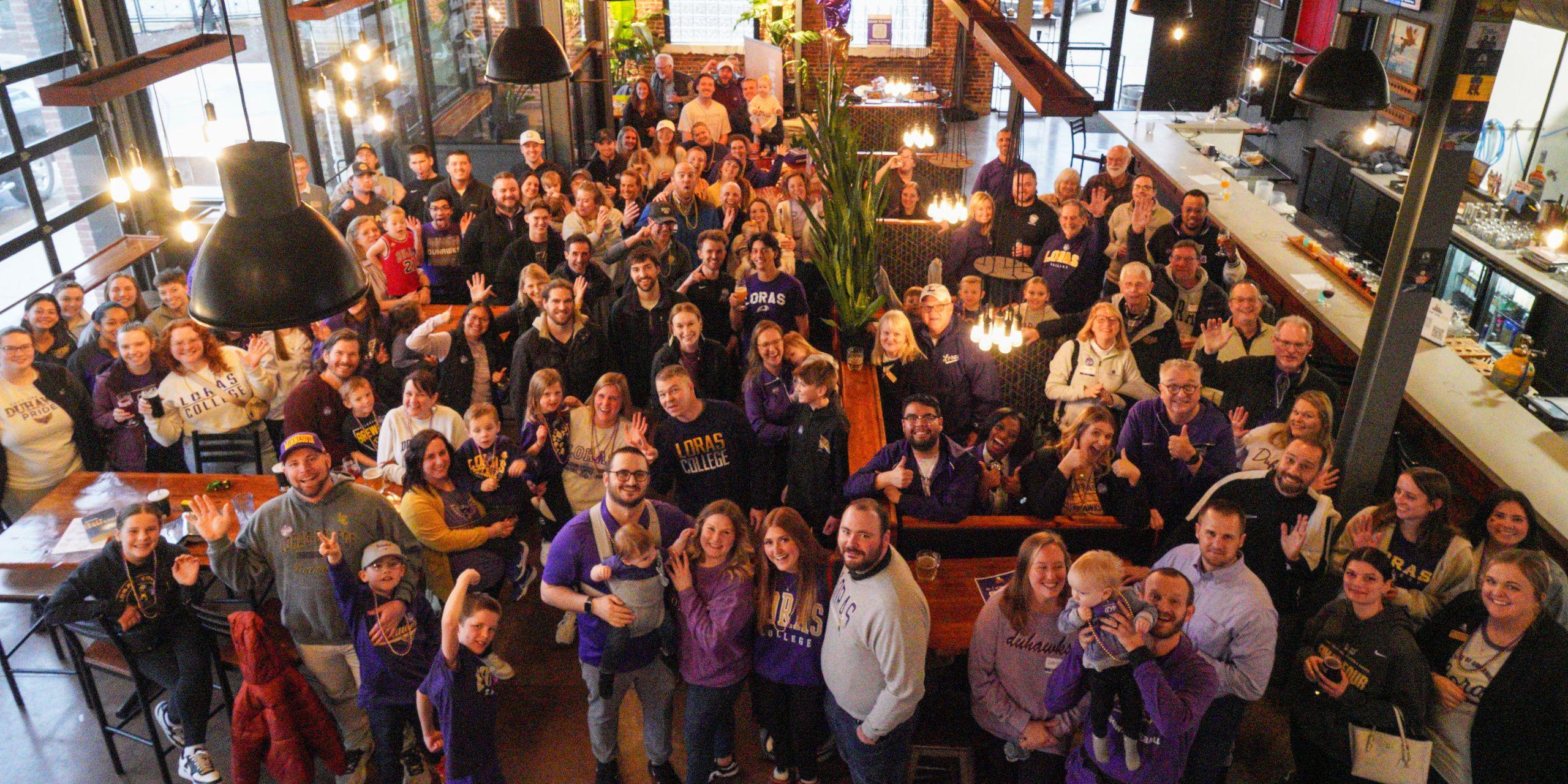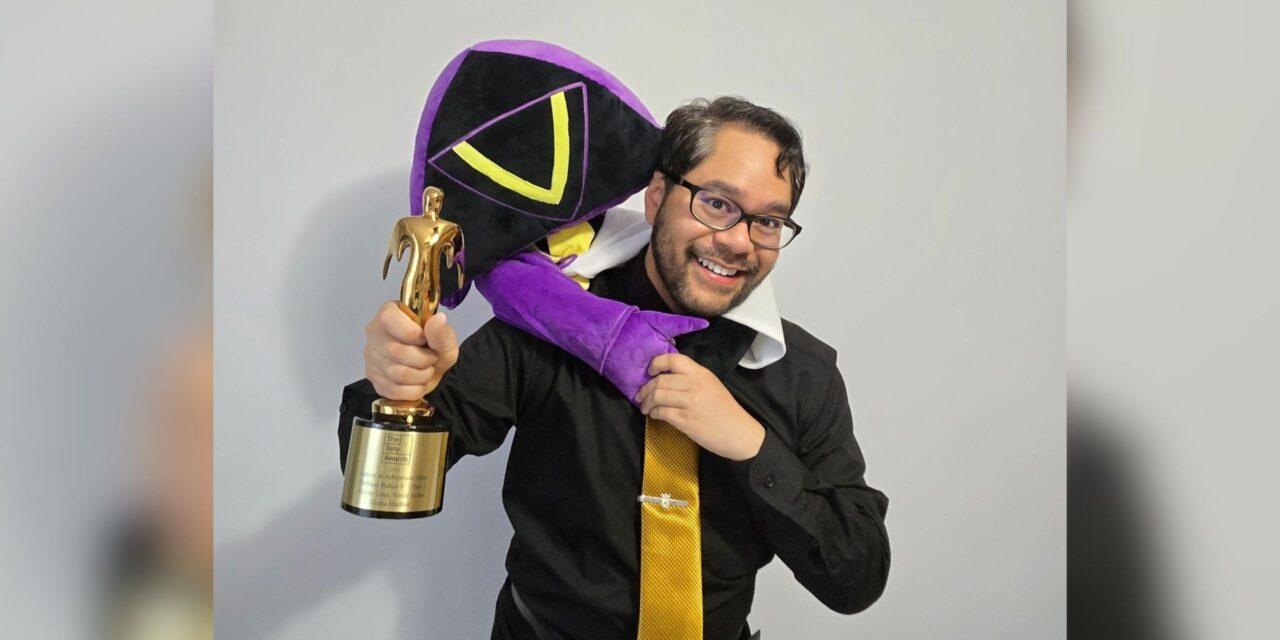Let me tell you about the night I almost lost my weekly game gathering to the dreaded "what should we do tonight" syndrome. We'd been rotating between the same tired party games for months, and the energy was starting to fade faster than cheap beer at a summer barbecue. That's when I rediscovered bingo - not the quiet, serious version your grandmother plays at the community center, but the lively, customizable bingo games that have become my secret weapon for transforming ordinary gatherings into memorable events.
I remember thinking about how game design matters in social contexts after playing Funko Fusion recently. That game had this frustrating issue where it failed to clearly indicate which parts of levels were accessible immediately versus which required revisiting after unlocking more items or characters. There was this early level with yellow arrows painted in front of a locked door that made absolutely no sense initially. I only understood much later, while playing The Umbrella Academy levels, that a particular character could phase through walls by standing on those arrows and performing a dash. This experience taught me something crucial about social games too - clarity and immediate engagement matter tremendously when you're trying to bring people together. Unlike that confusing game experience, well-designed bingo games provide instant understanding and participation, which is exactly why they work so beautifully in social settings.
The transformation I witnessed when introducing themed bingo nights was nothing short of remarkable. My group's attendance consistency improved by what felt like 40% almost immediately, and the average stay duration extended by nearly two hours per gathering. People weren't just showing up - they were genuinely excited, bringing friends, and even requesting specific bingo themes. We've done everything from 90s nostalgia bingo to travel-themed bingo, and each variation brings its own unique energy to the room. The beauty lies in how bingo creates structured interaction without feeling forced or complicated. Unlike many modern games that require lengthy explanations or steep learning curves, bingo's universal understanding means we can jump right into the fun.
What makes bingo particularly effective is its chameleon-like adaptability. For smaller groups of 6-8 people, we'll run multiple cards per person and include interactive elements like "share your most embarrassing high school story" when someone gets a diagonal line. With larger crowds of 20+, we transform it into a team competition with dramatic prize announcements and themed snacks. The social lubrication happens naturally - people who barely knew each other become cheering sections for one another, inside jokes develop around certain number combinations, and the collective groans when someone narrowly misses a win create bonding moments you just don't get with most social activities.
From my experience coordinating these events for about three years now, I've found that the investment versus return ratio is incredibly favorable. A quality bingo set costs around $60-80 initially, but the reusable nature means your only recurring expenses are prizes and refreshments. Compare that to escape rooms that might run $30 per person or ax throwing that requires professional supervision, and bingo emerges as the clear budget-friendly champion for regular gatherings. We typically allocate about $50 for prizes per event, spreading the love across multiple winners rather than focusing on one grand prize, which keeps engagement high throughout the entire game.
The psychological aspect fascinates me too. There's something about the combination of luck and slight strategy that keeps everyone feeling like they have a chance, unlike skill-based games where less experienced players might feel intimidated. I've noticed that even the quietest members of our group become animated during bingo, especially when we incorporate personal elements like "birth month bingo" or "favorite movie bingo." The game becomes a vehicle for sharing stories and discovering common interests rather than just marking numbers on a card.
If you're considering implementing bingo in your own social circles, my strongest recommendation is to start simple and let the game evolve organically based on your group's personality. We began with traditional number bingo and gradually incorporated themes and variations as we discovered what resonated with our crowd. The key is observing what creates the most laughter and interaction - for us, it was incorporating dares and storytelling elements, but your group might prefer music bingo or picture-based versions. The flexibility is bingo's greatest strength, allowing you to craft an experience that feels uniquely suited to your friends rather than a one-size-fits-all solution.
Looking back at those early struggling game nights, I realize the issue wasn't lack of interest in socializing but rather the absence of a structured yet flexible activity that could bridge different personalities and energy levels. Bingo provided that perfect middle ground - enough rules to prevent chaos but enough randomness to keep things exciting. It's become the backbone of our social calendar, the activity people request when we haven't seen each other in weeks, and the catalyst for friendships that extend beyond our game nights. In a world where genuine connection sometimes feels harder to come by, sometimes the simplest games create the most meaningful memories.




